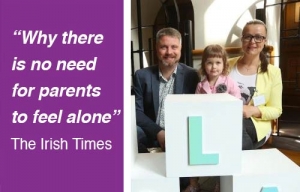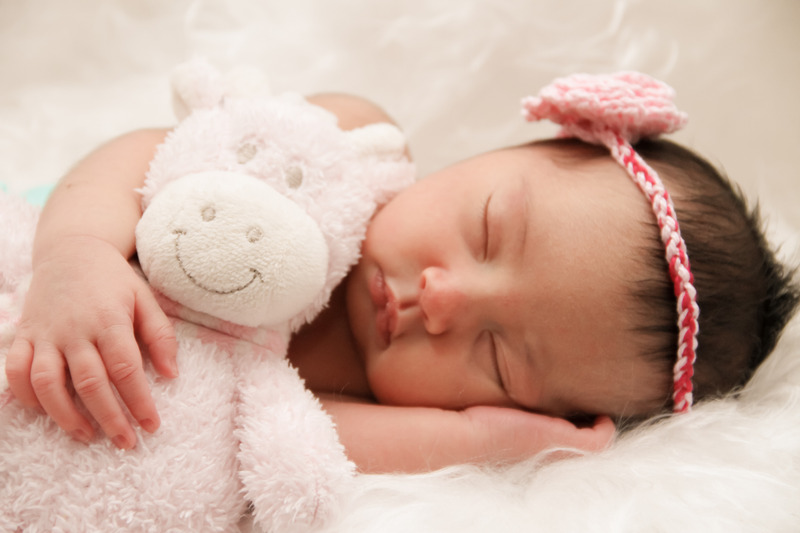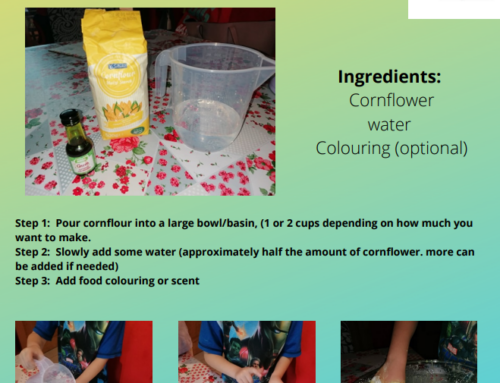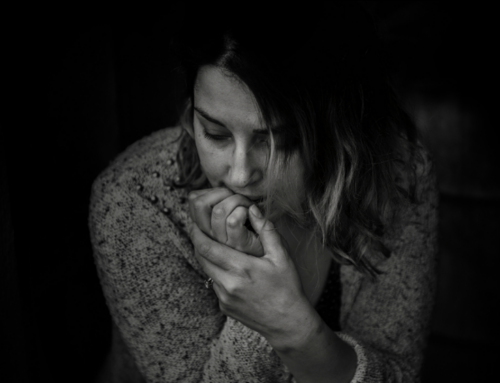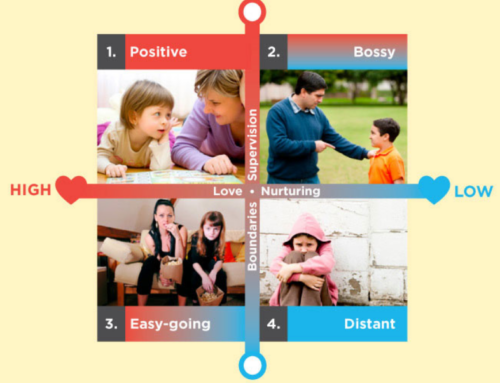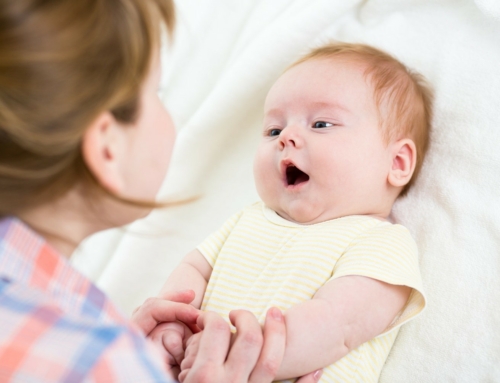Good day all. Children’s sleep patterns change constantly during the early childhood years. In the first few weeks after birth, a baby seldom remains awake for more than 2 hours. They usually sleep for periods of four to five hours throughout the day and night. They normally spend a total of between 16 and 17 hours asleep daily.
I remember when I had my first little girl. I got the biggest shock of my life. People say ‘get plenty of sleep before the baby arrives’, and I thought ‘it couldn’t be that bad’. But oh my, someone who was used to getting her 12 hours sleep every night and needed every minute of it was in for a shock. I didn’t understand why my new born baby didn’t sleep when I did! Their little clocks are upside down and they are new to this world. It’s difficult when you don’t get sleep but you must remember it is for a short period of time.
At the age of 4 months night feeding is normal. Between 1 and 3 months of age, most babies lengthen their periods of sleep while at the same time needing less total amount of sleep (normally about 15 hours in a 24 hour period). By the end of the third month, most infants sleep more at night than during the day.
As I have said before all children are different and you should not compare them. Some children will need more sleep than others. For me, my first child slept through the night from 6 months on, whereas the second didn’t sleep all night until 18 months! And the third started sleeping all night from 9 months! I had a lot of sleepless nights, rocking babies to sleep, feeding during the night just to get some sleep, ‘white noise playing’, black out blinds installed! It’s a difficult time but a time that will pass quickly.
By about 6 months of age, a pattern emerges of a typical infant needing just a morning and afternoon nap – usually soon after being fed. Then a longer sleep period at night. A baby in a routine, you will find, will be more content. Like ourselves we need routine in our lives to be productive and know what is coming next. For example at night time, if you give you baby a bath, read a story, night time feed, then bed. Your baby will know what is coming after the bath and will know it is bed time soon. All children need regular periods of rest and sleep is so important for their learning, eating and playing time during the day.
At this strange time when we have no routine of school runs, play groups, sporting activities etc. we still need to maintain a routine of some sort. Get up early as if you are going to school or work, get washed/dressed, get breakfast and so on. Try to keep screen time to a minimum during school hours. We need to prepare for life when it returns to normal. If we keep a general routine at home it won’t be as much of a shock to your system or your babies system.
Try to maintain a healthy balanced diet also as this will help with brain development and mental health. Remember always to turn off the TV at least 1 hour before your baby/child settles into their bedtime routine. The blue light from the screen stimulates your child and heightens senses. So it is not a good idea for bed as they will go to bed dreaming about what they have just watched whether it is a good thing or a bad thing.
Do try to follow a good sleep routine for your children and yourself to maintain a happy lifestyle. Get up and out at least once a day. Meeting other people lifts your mood and gives you and your baby a change of scenery. Physical activity is also recommended once a day. Your children need the outdoors to help them sleep better at night. Whether it’s a cycle, looking for bugs in the garden, chasing a ball.
If you want to find out more about routines, refer back to our blog on ‘Tips for successful routines during Covid-19’.

